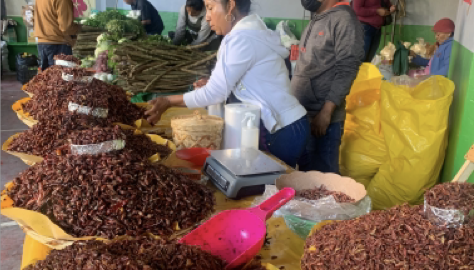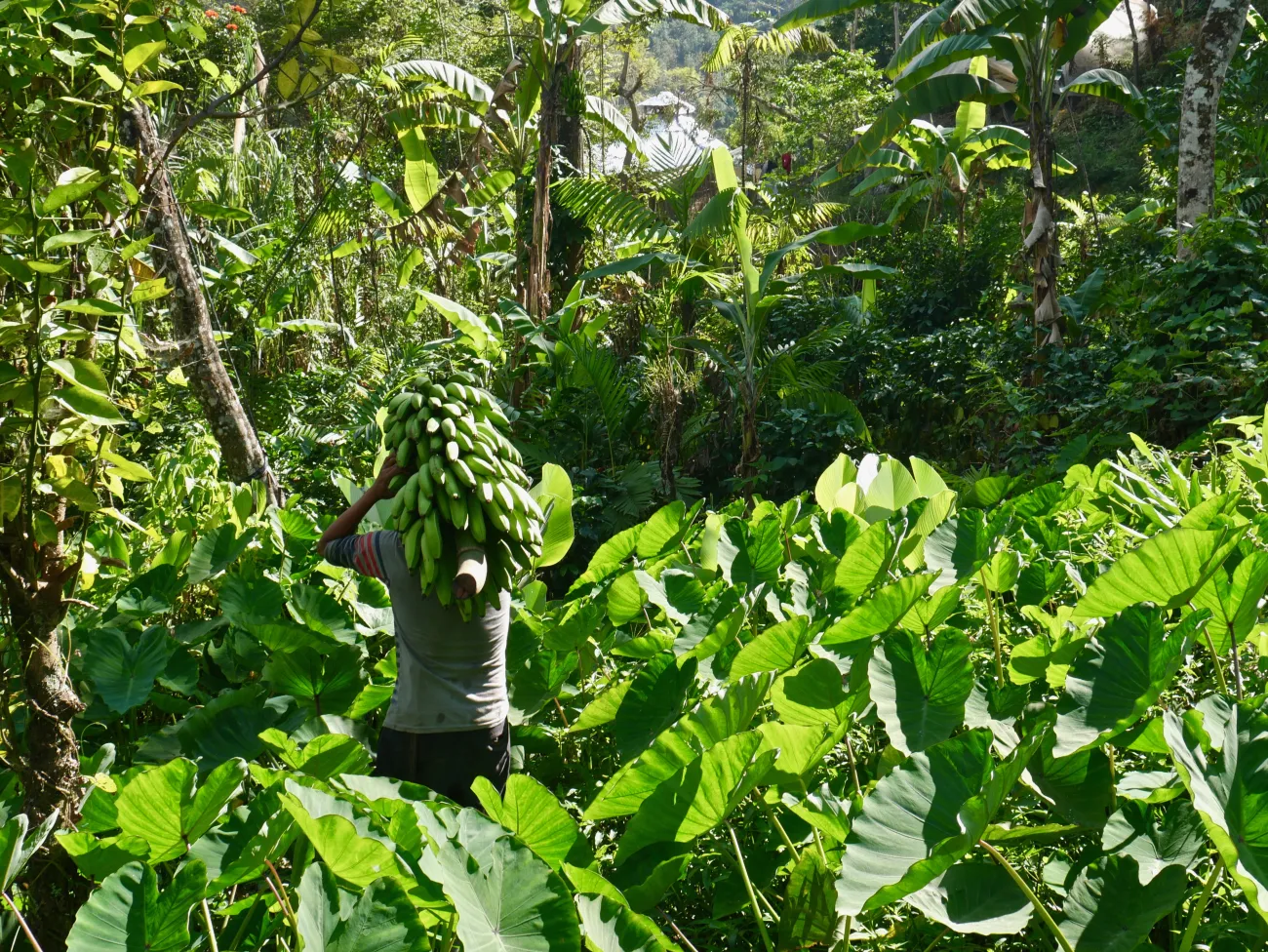Episode summary
What if we shifted our perspective from seeing some species as a problem to seeing them as an abundant and tasty source of food? Over the next few episodes, we’ll hear three different stories: grasshoppers as pests in Mexico, invasive crayfish in London and overpopulated white-tailed deer in the United States.
With a rising trend for traditional foods, demand for grasshoppers has exploded in Mexico in the last decade--but is it sustainable? We ask sociologist-biologist Elena Lazos Chavero about the environmental, political, cultural, and health consequences of Mexico's appetite for grasshoppers.
About Elena Lazos Chavero
Elena Lazos Chavero is a professor-researcher at the Universidad Nacional Autónoma de Mexico since 1992 and a member of the Intergovernmental Science-Policy Platform on Biodiversity and Ecosystem Services (IPBES). As an interdisciplinary researcher with degrees in biology and social anthropology, she has a wide range of research interests that include the long-term evolution of rural commons, history of rural conflicts and rural development, the institutional dynamics of social-ecological systems, the contradictions of traditional environmental knowledges, and the challenges of community-based management in order to achieve food sovereignty. She is also interested in the risks of agrodiversity loss, particularly, the loss of different maize populations, and culture and power around the conservation of natural resources.

Photo credit: Elena Lazos Chavero
Background reading and resources
Project page: Heritage, local knowledge and innovation: Insect consumption in Latin America
Article: The rediscovery of native "super-foods" in Mexico (Esther Katz and Elena Lazos Chavero, 2017)
Related Feed episodes
Will you join the insect revolution?
Should food systems be more natural?
Elena Lazos Chavero on scale, seeds and sovereignty



Comments (0)